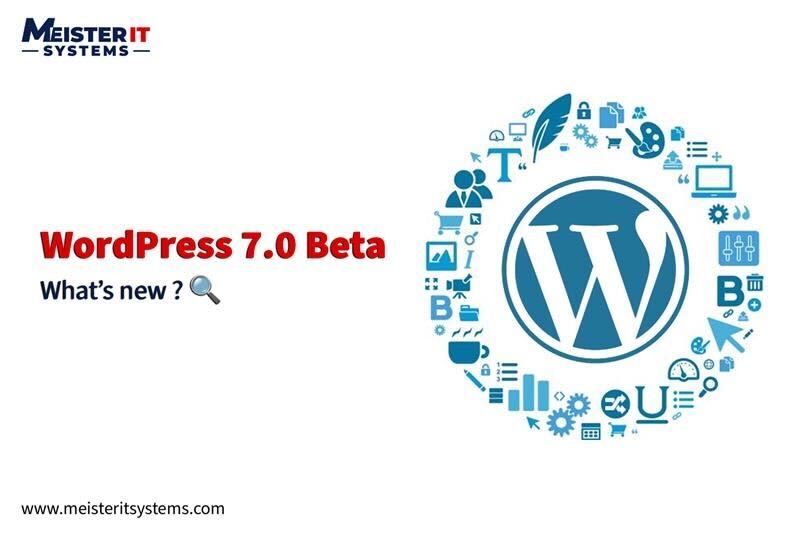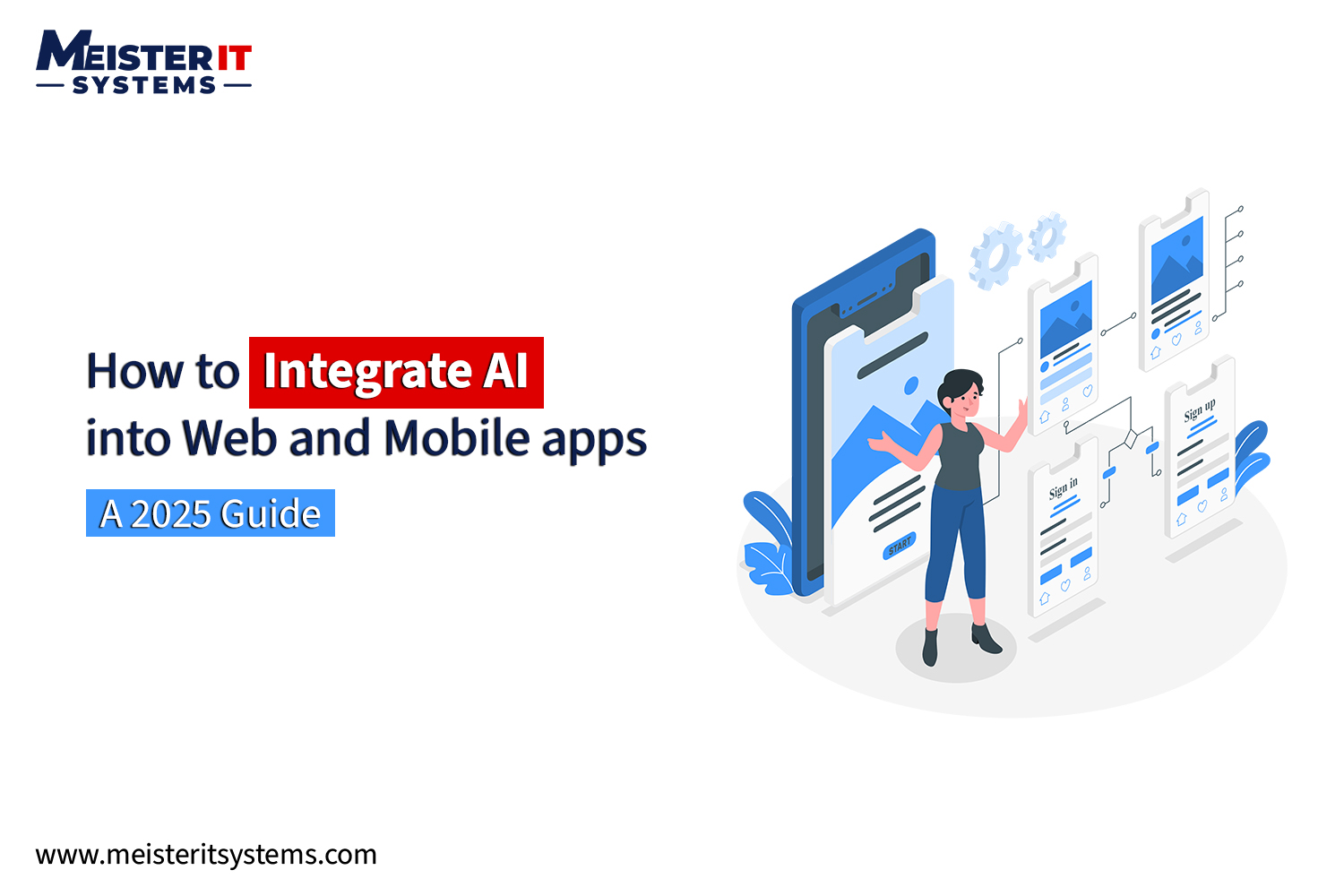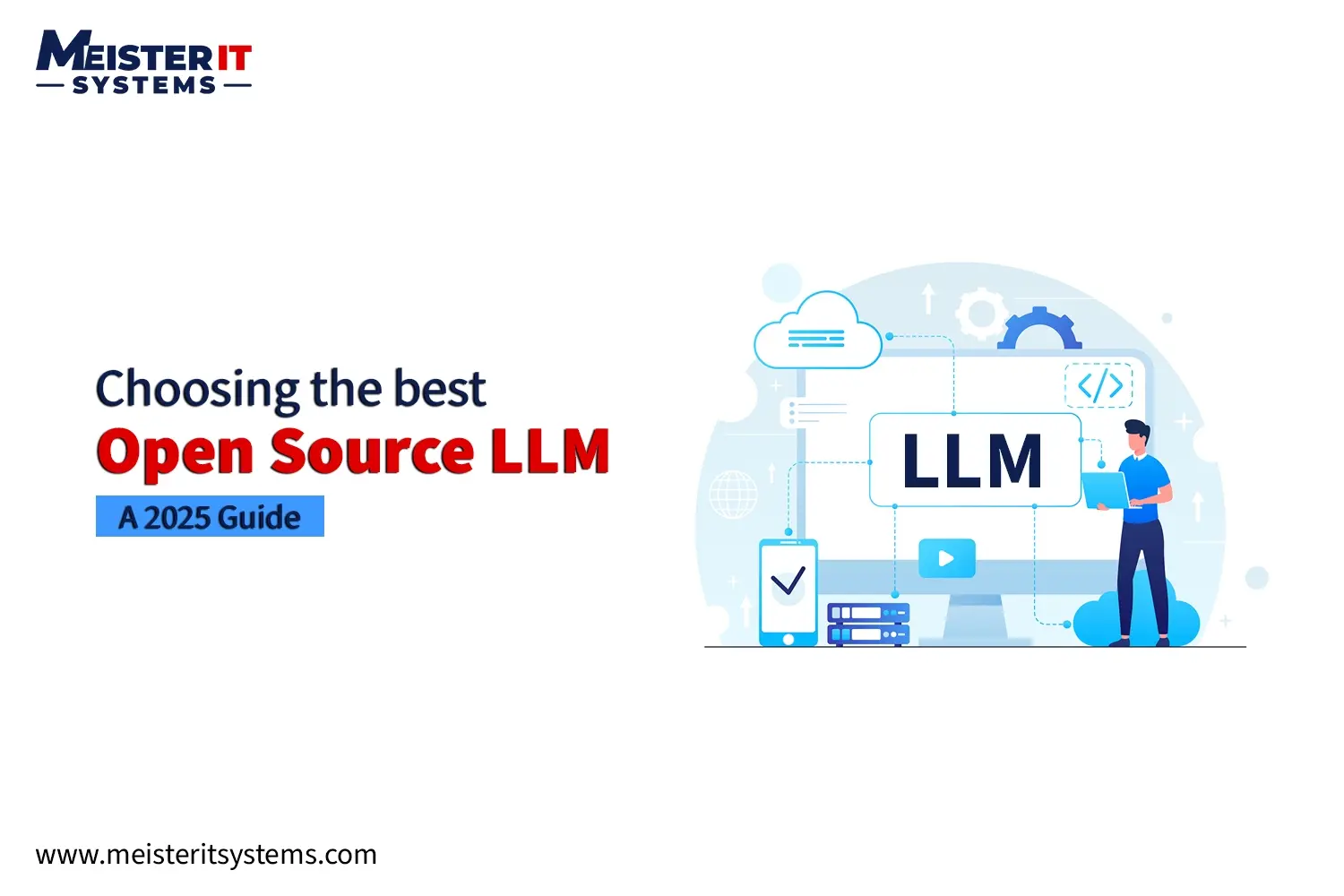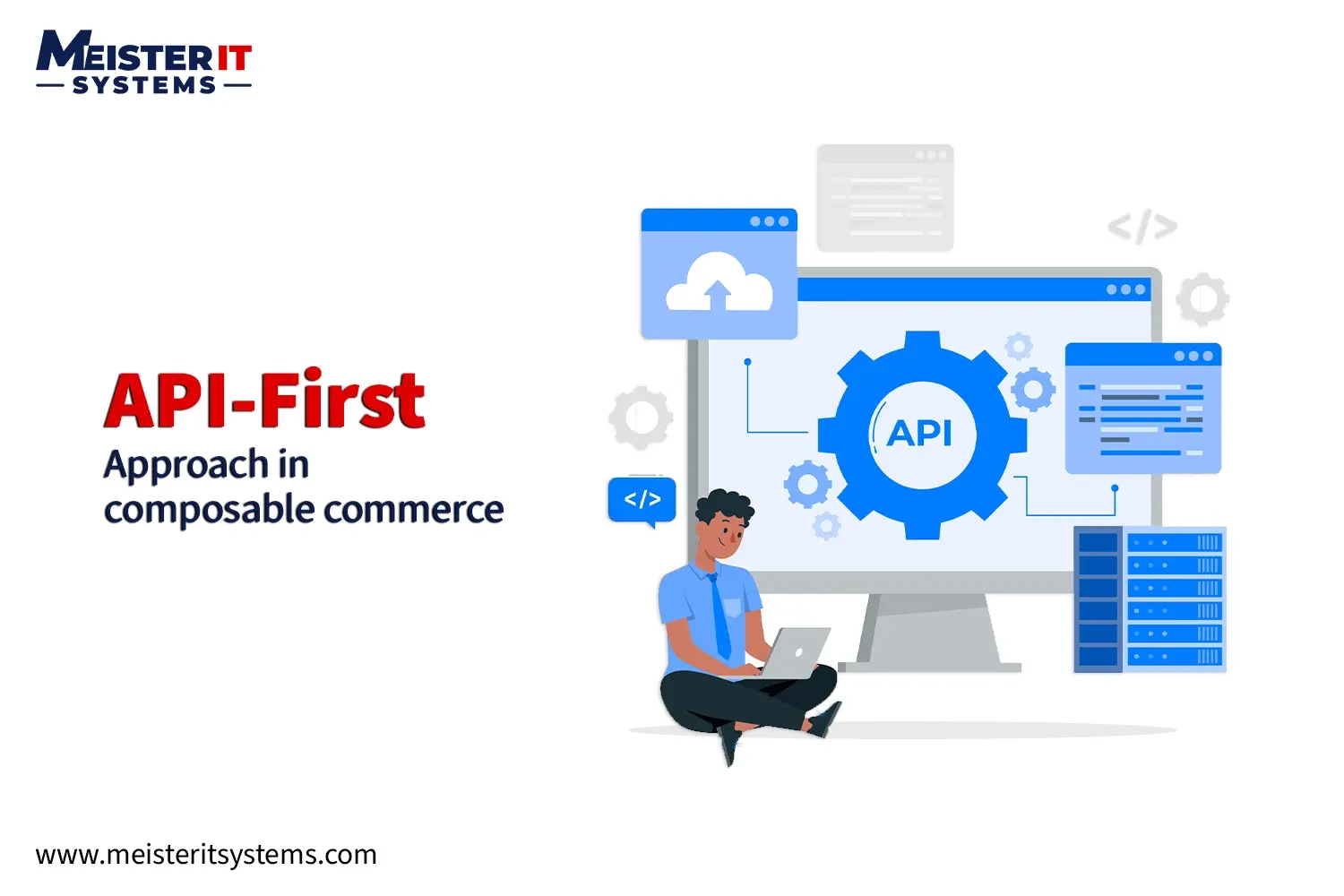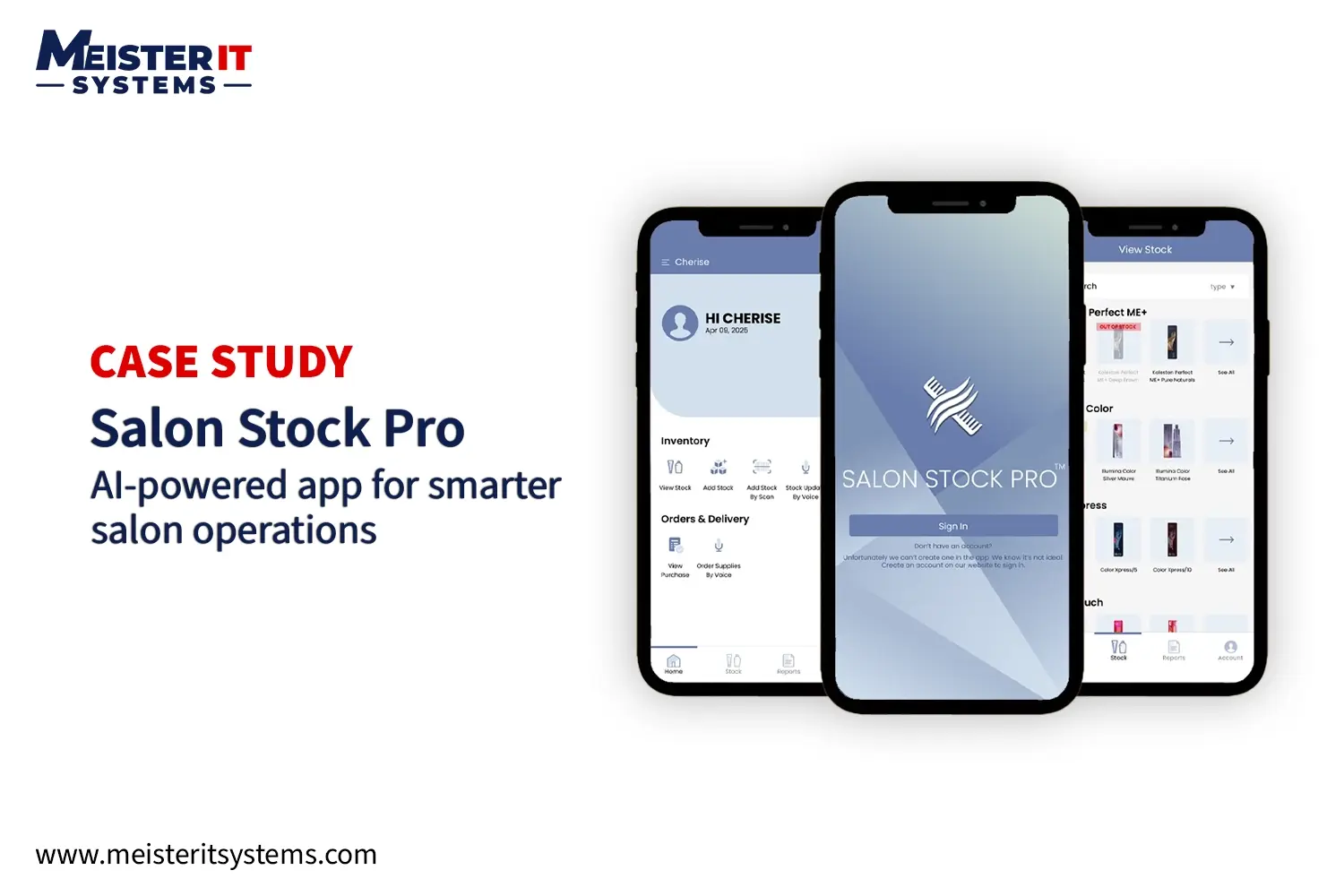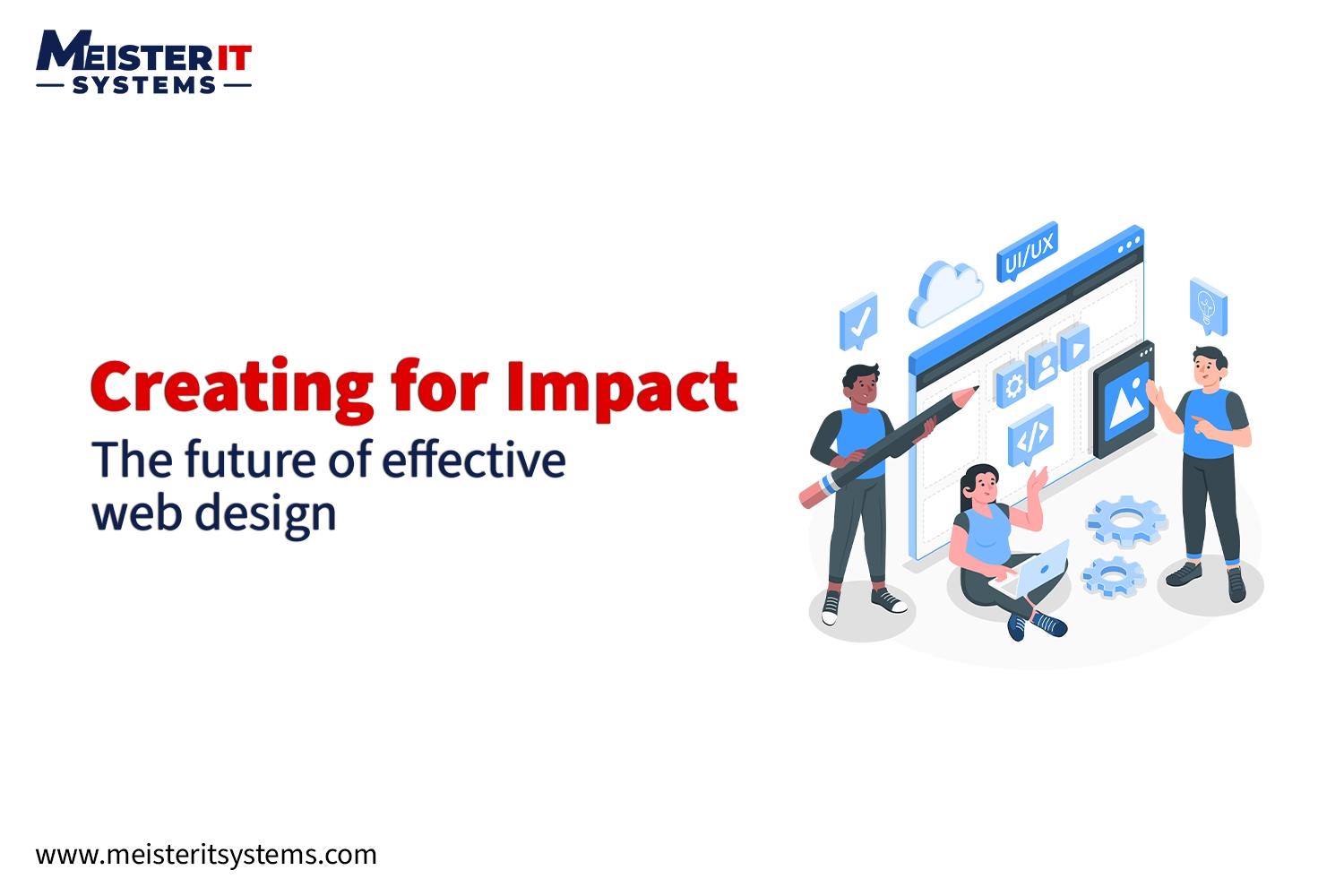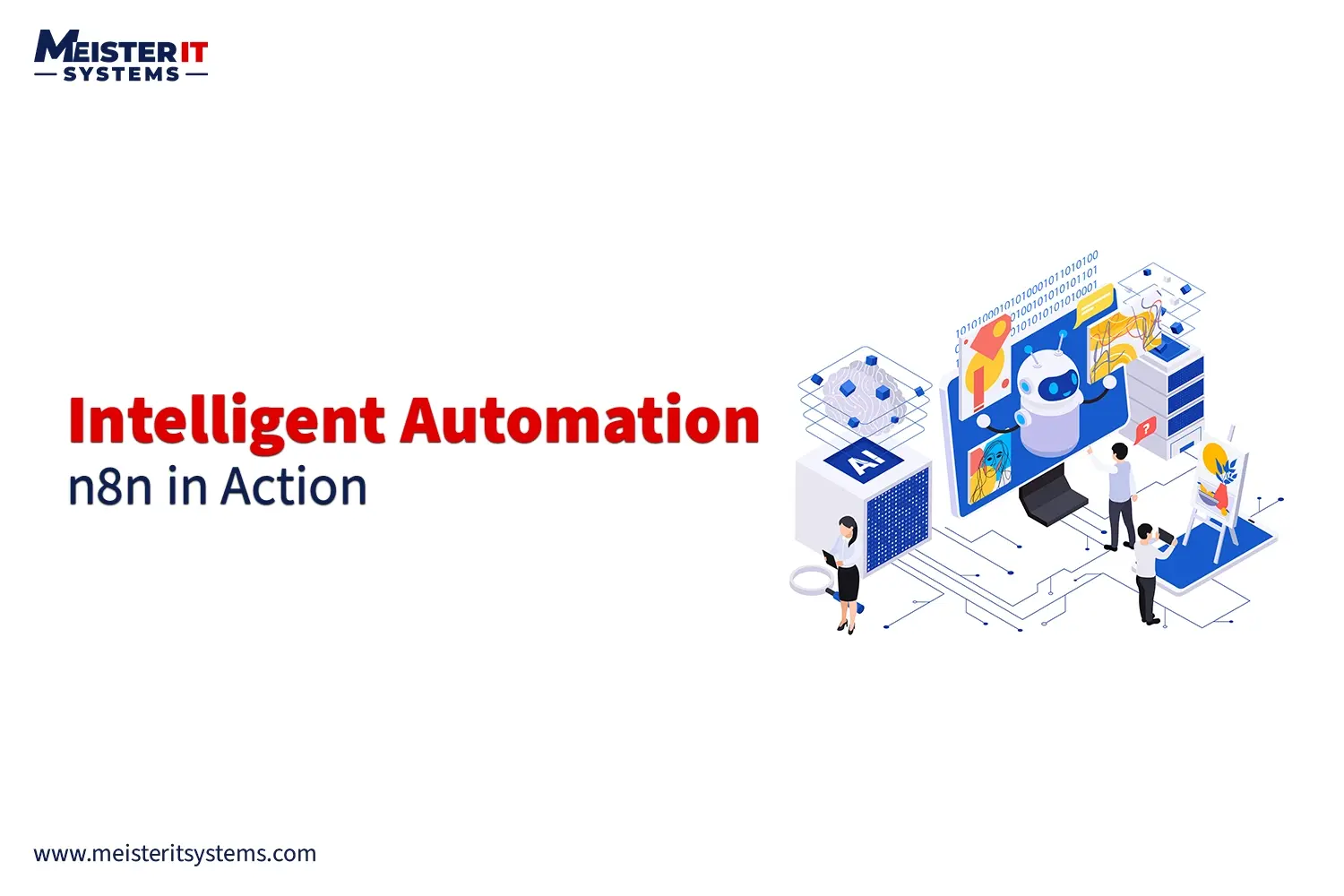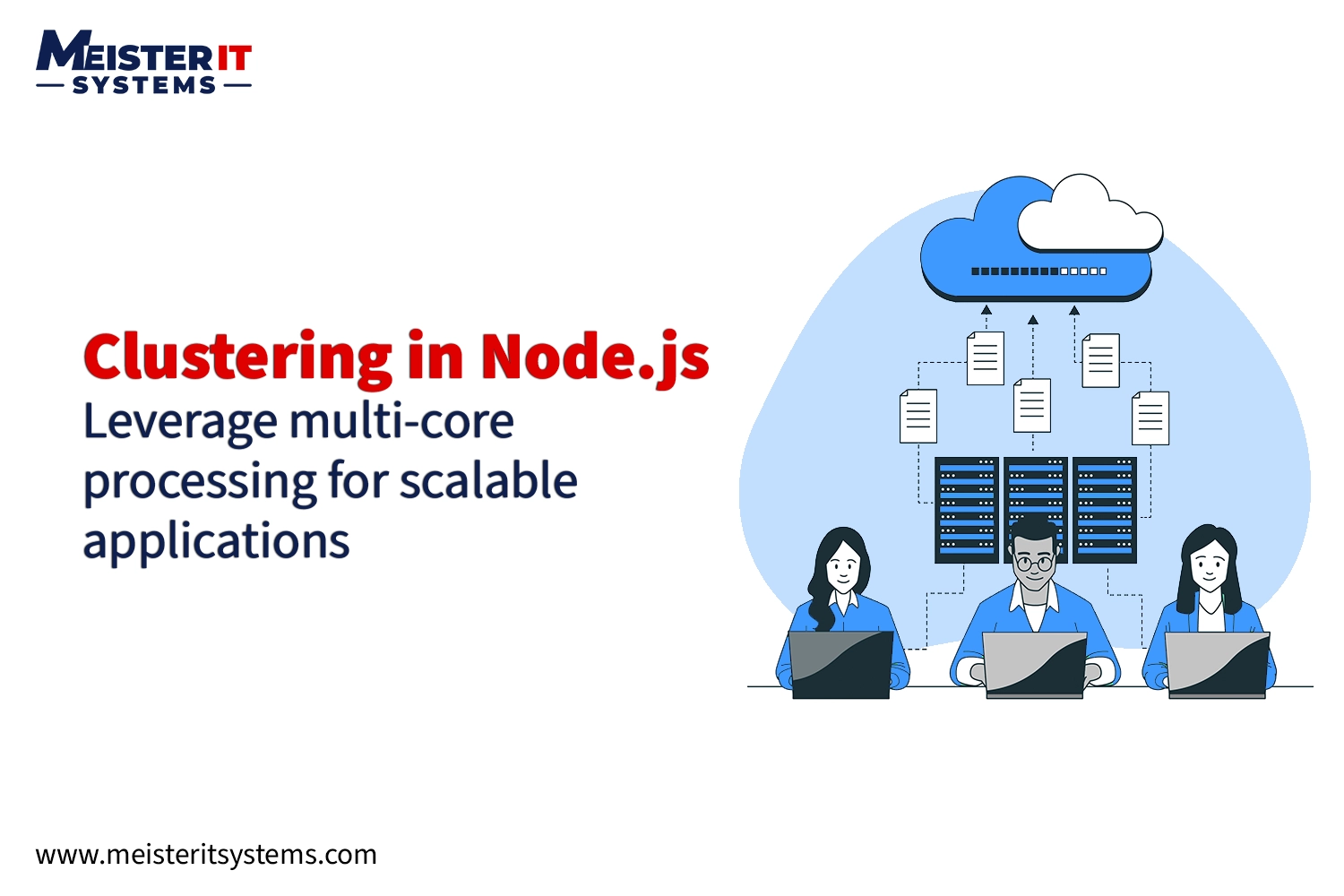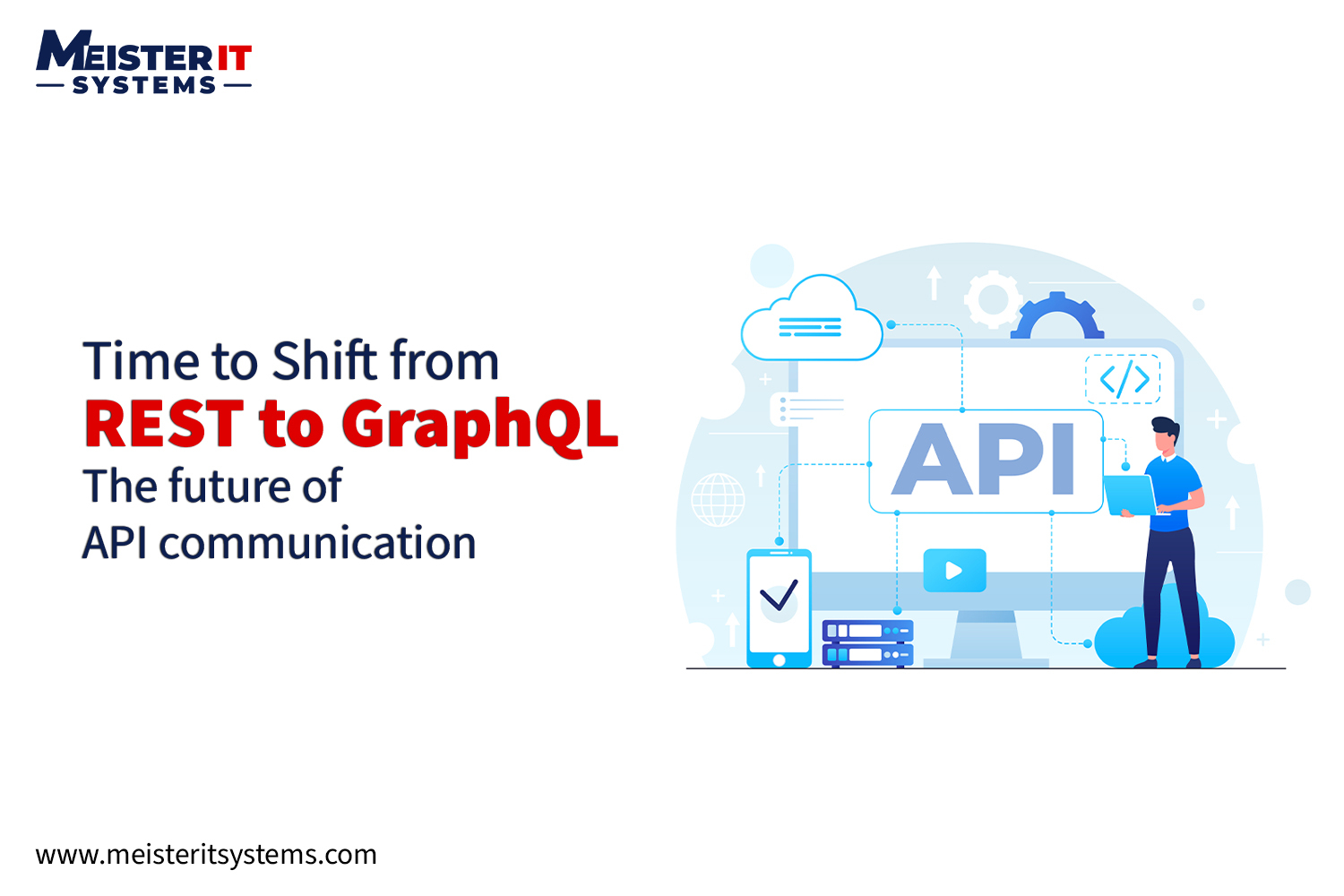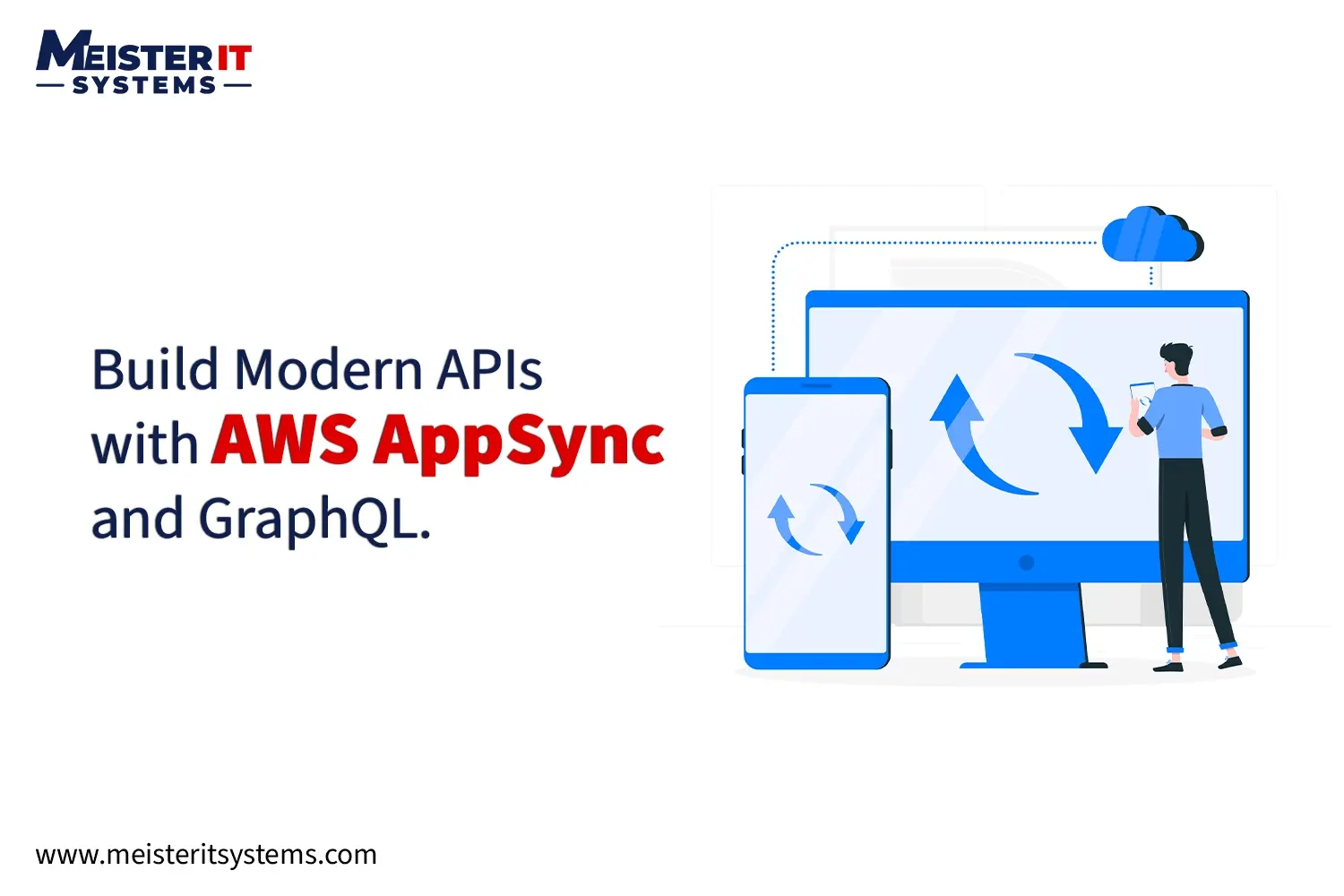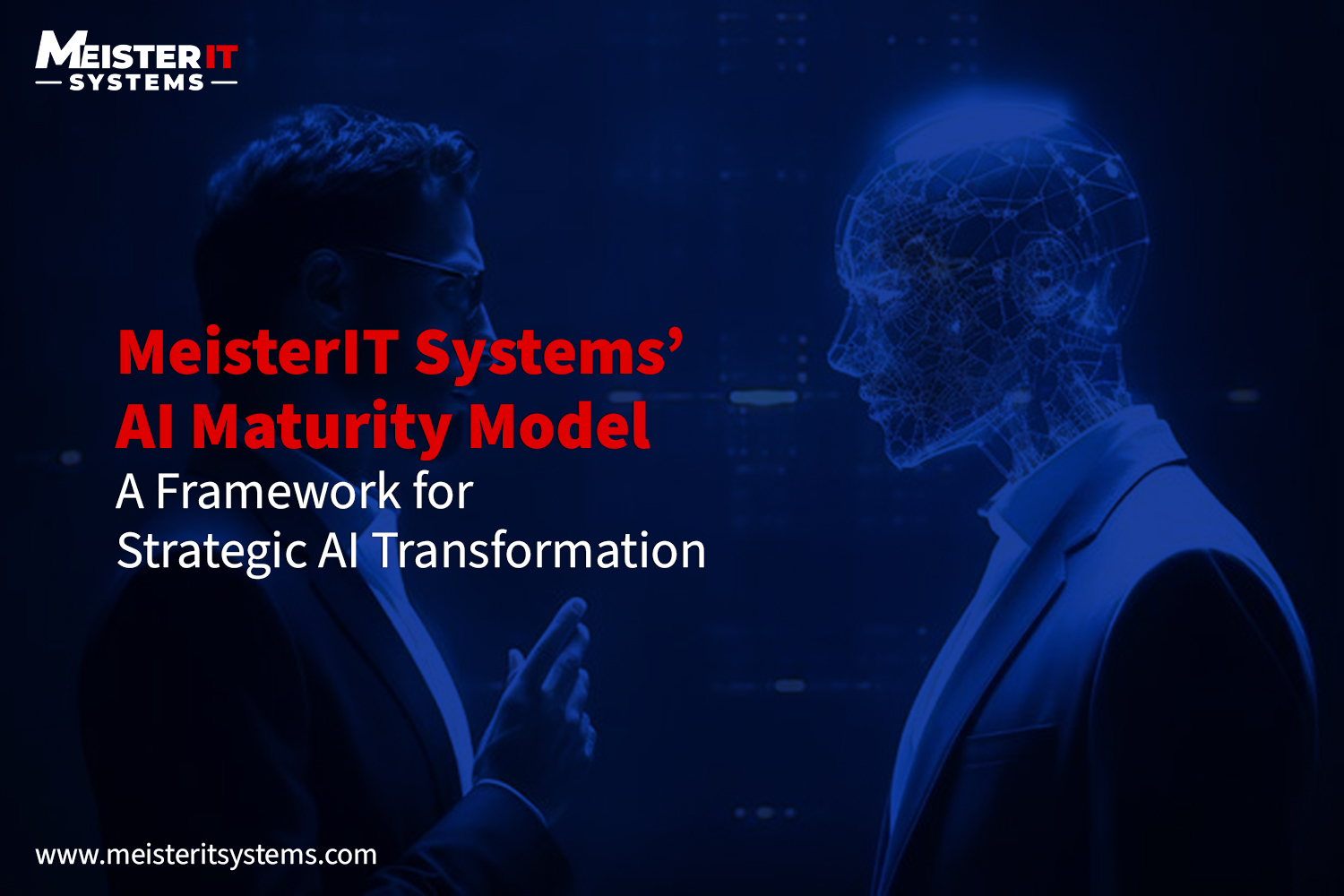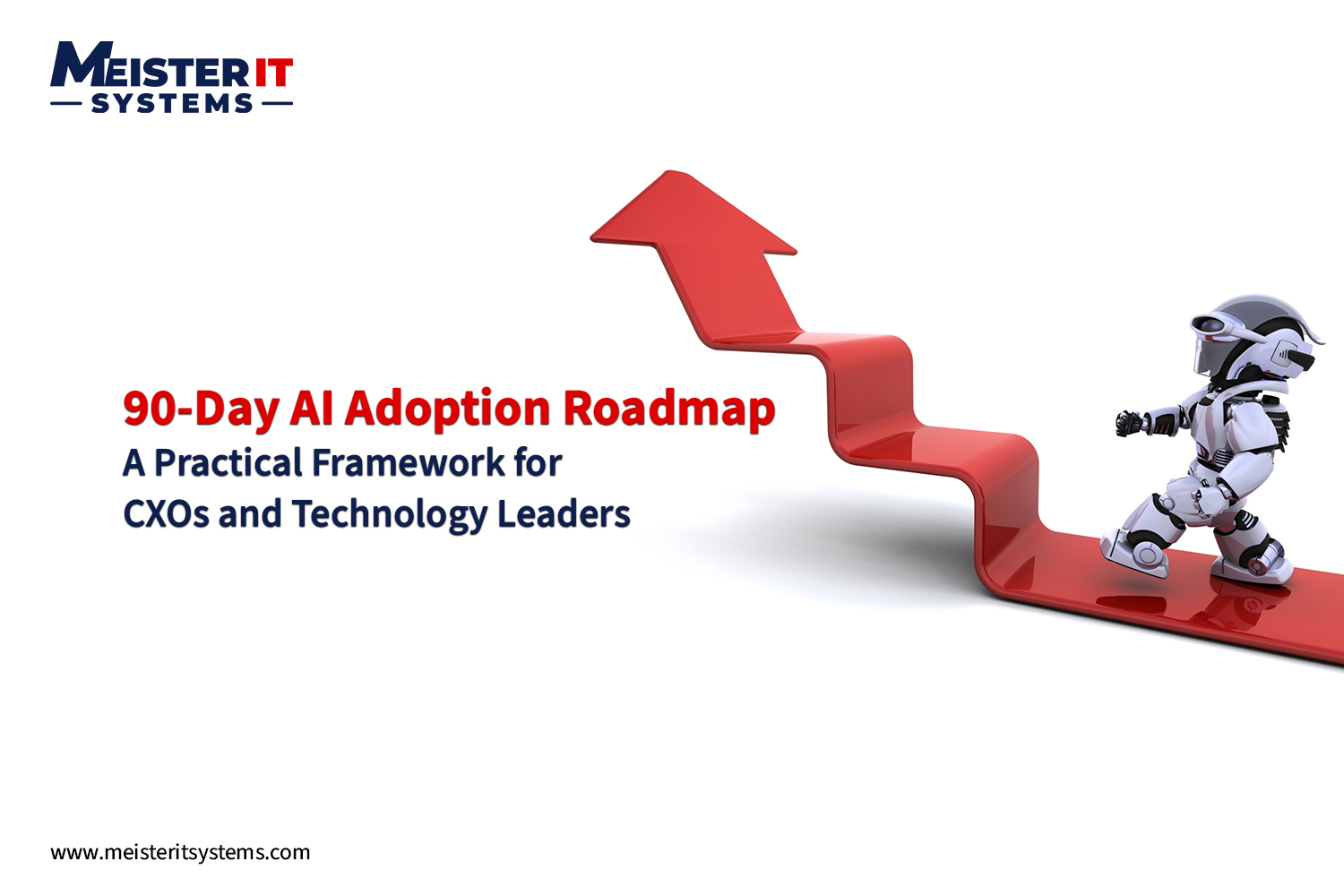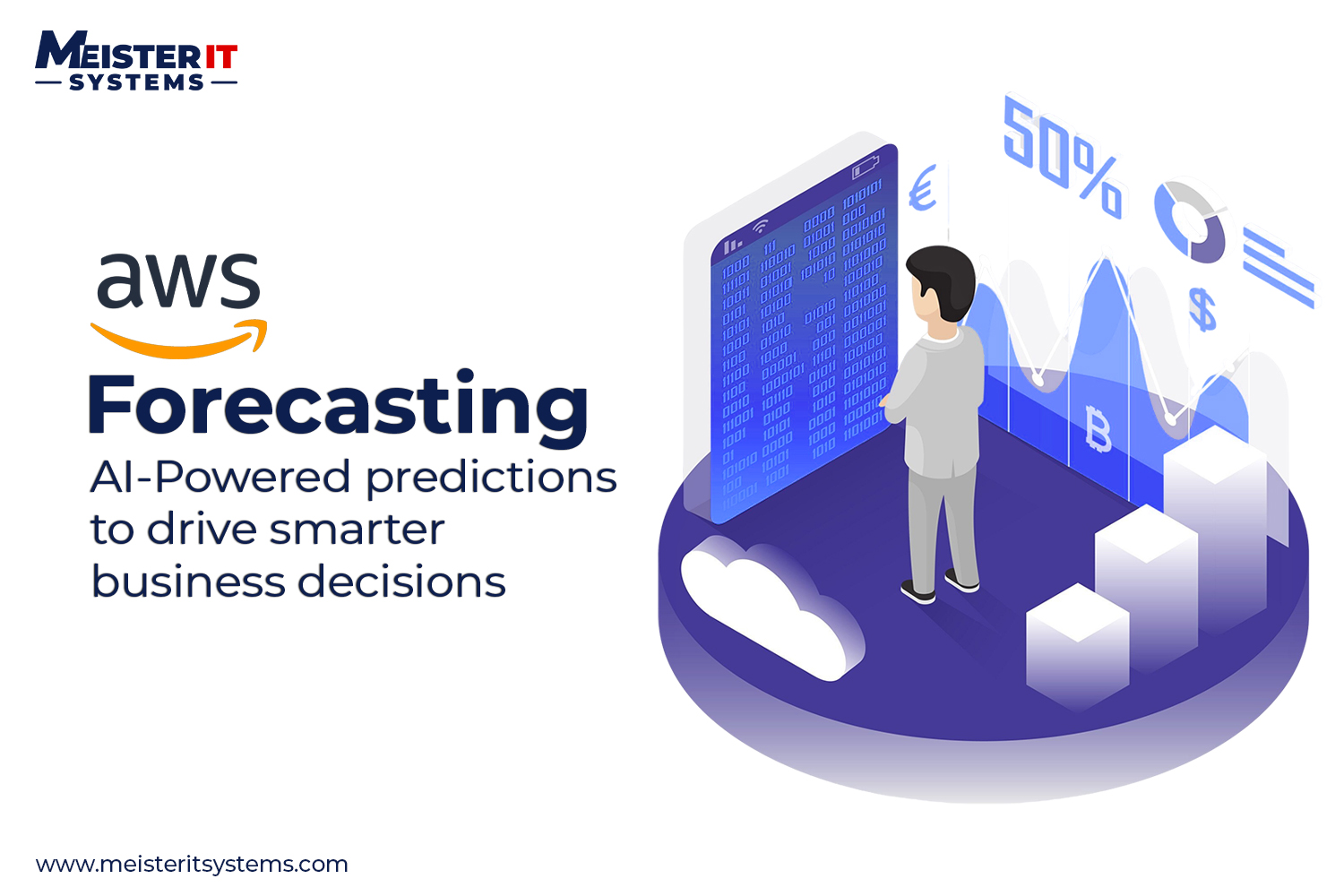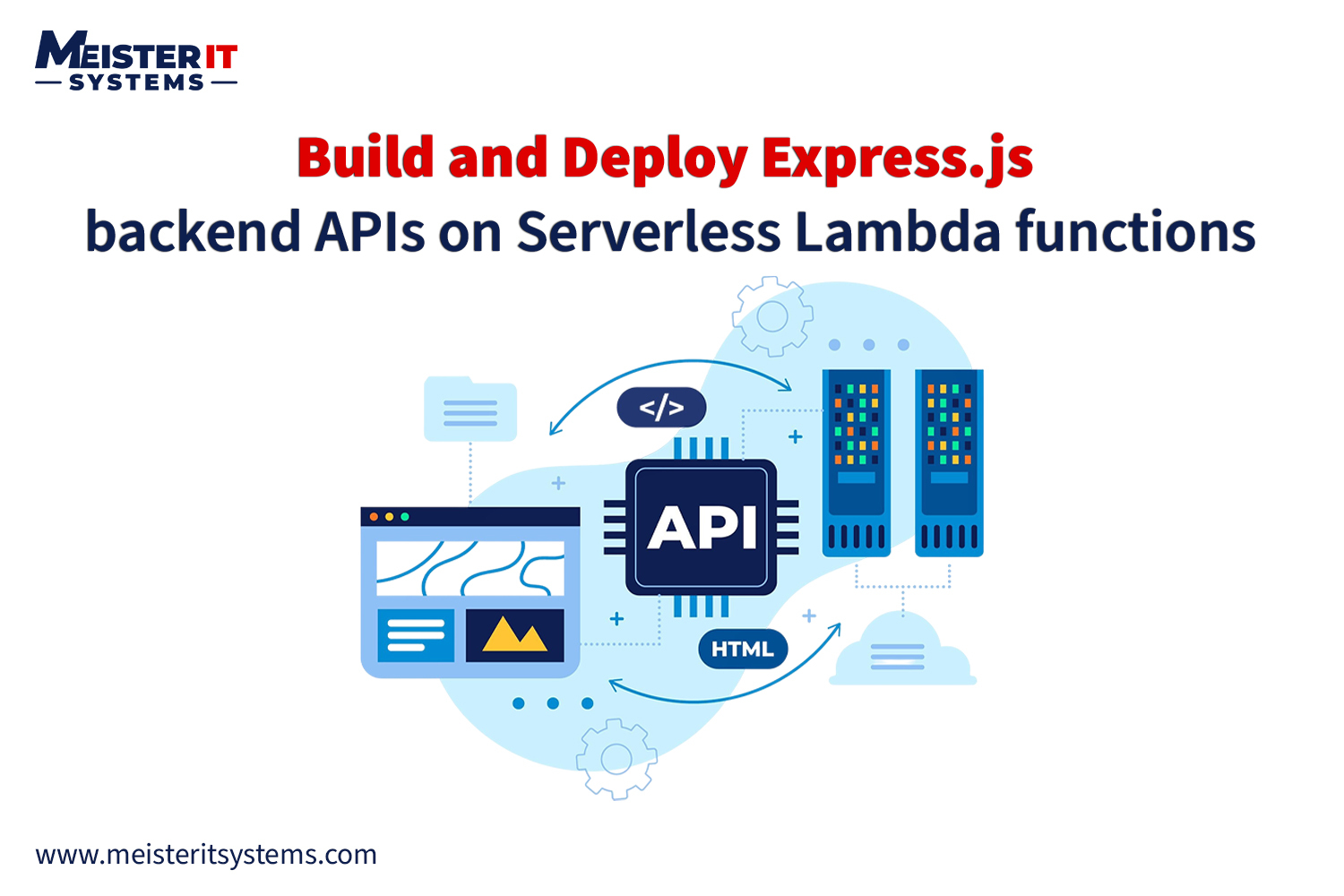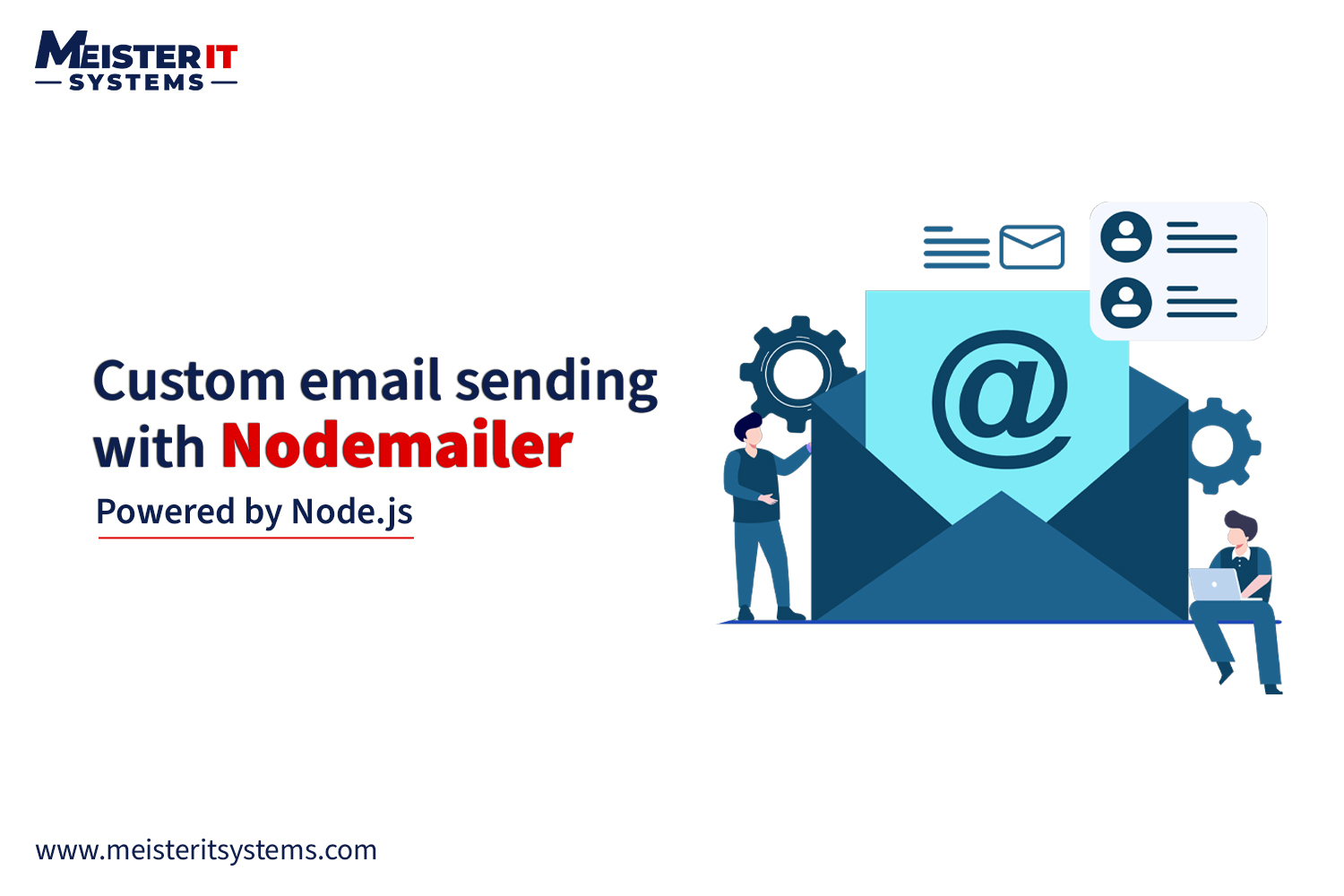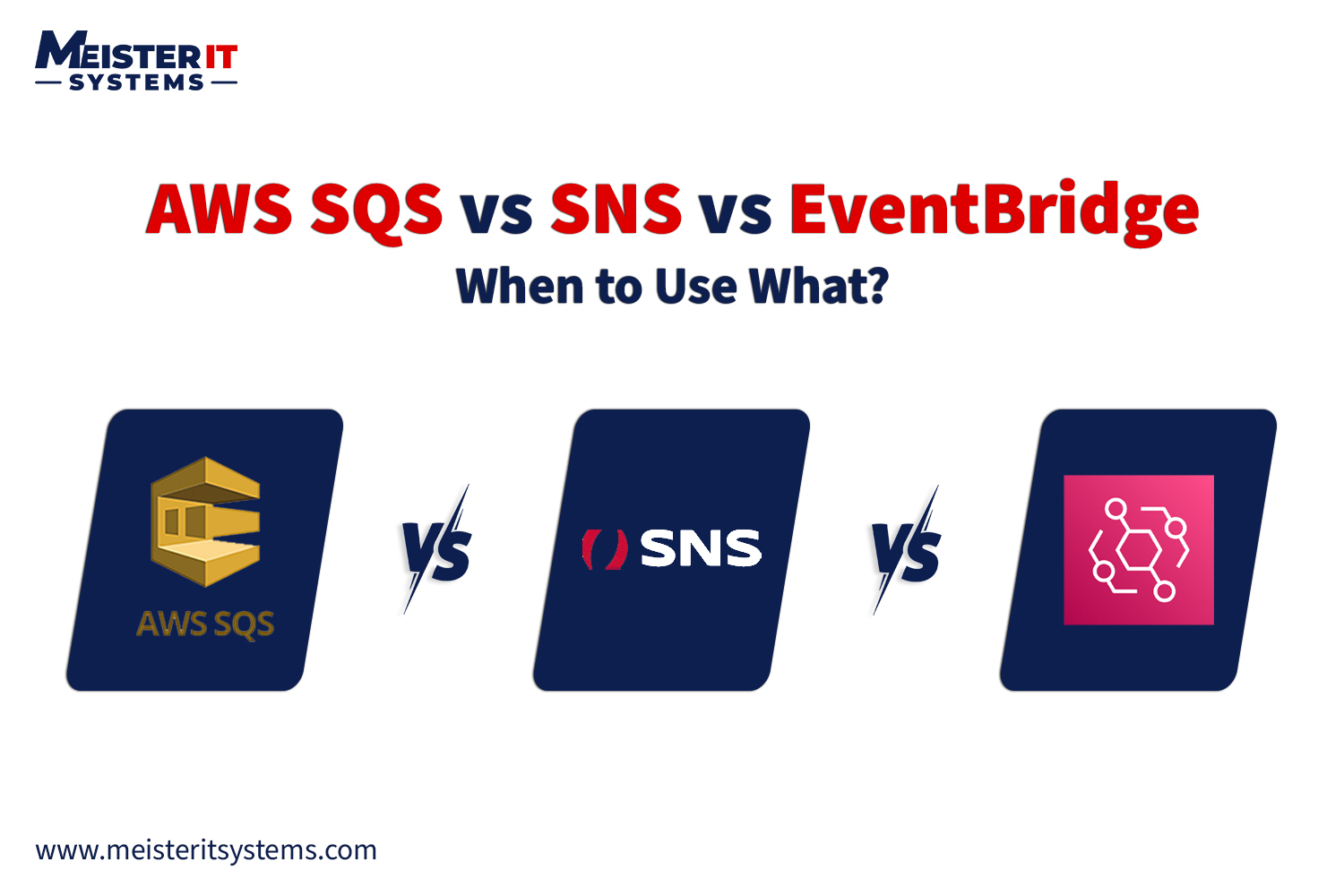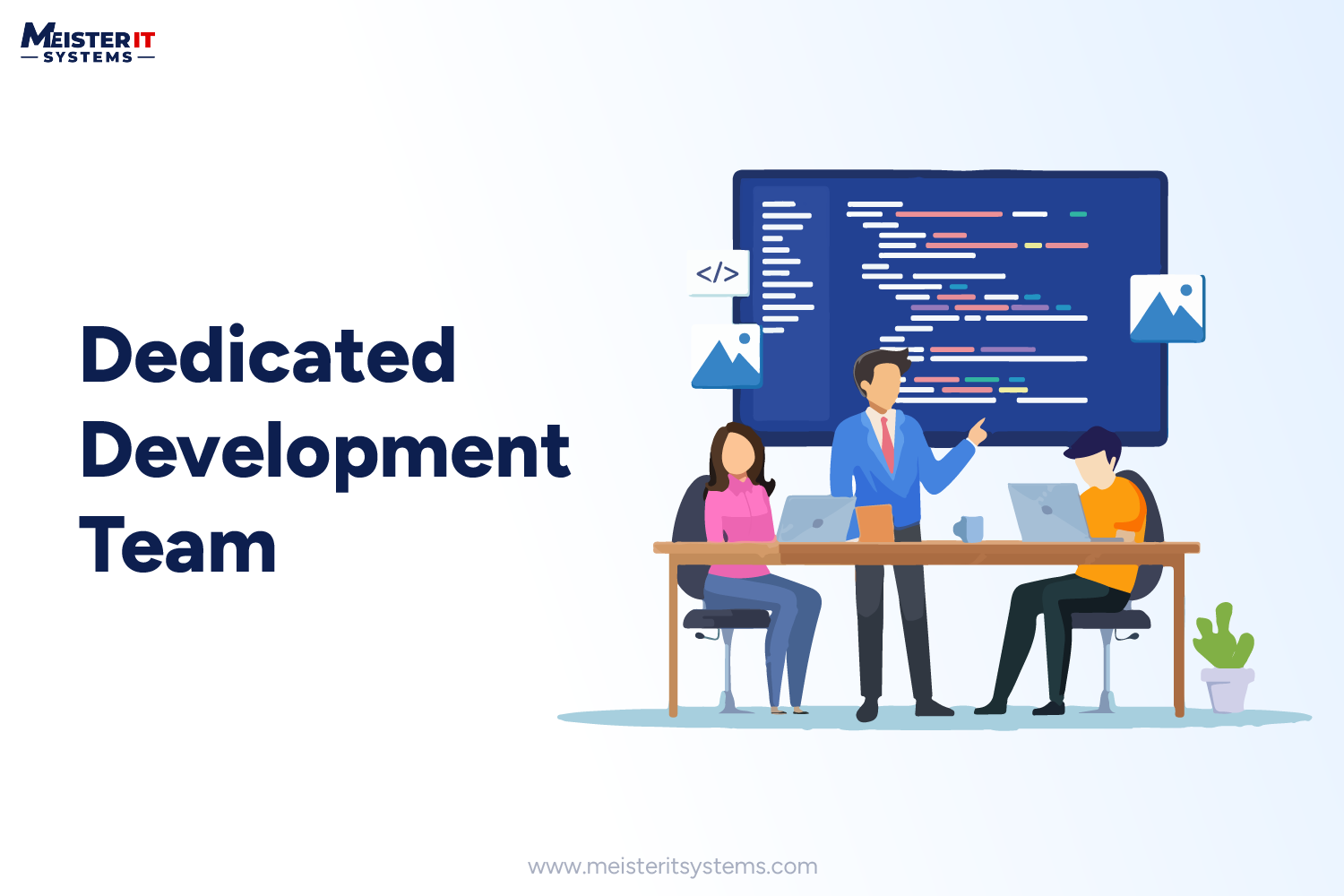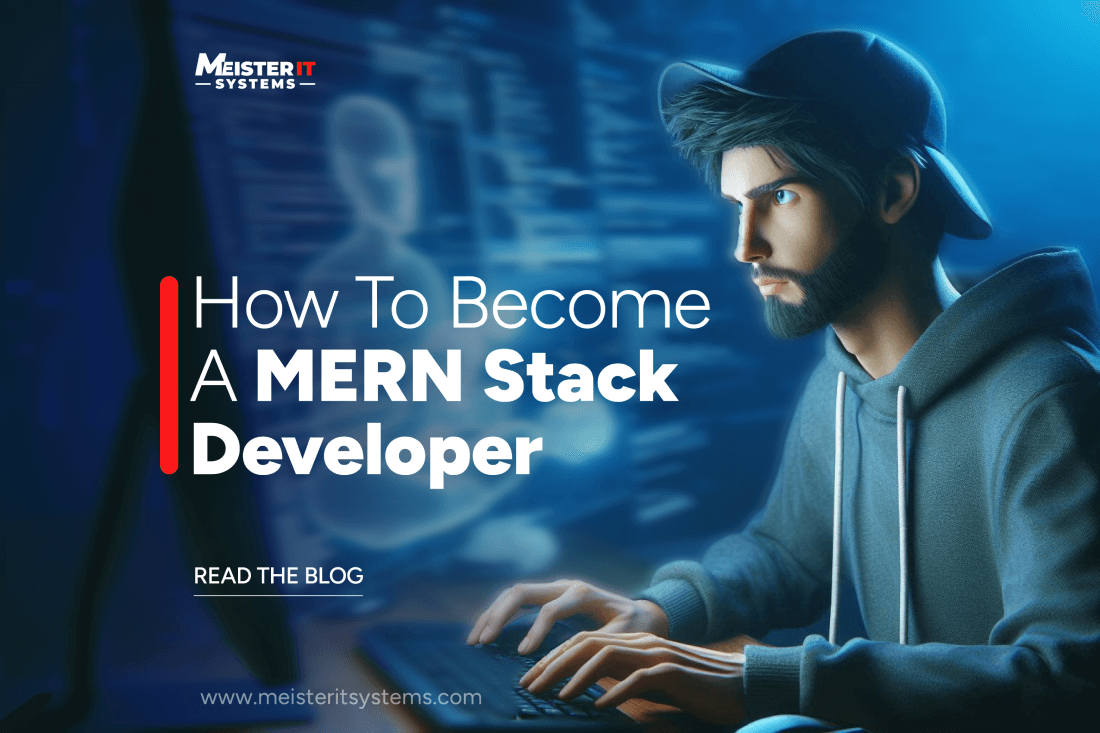
Interested in becoming a MERN Stack Developer?
If so, you’re at the right place!
In this blog, we will explain everything about MERN Stack technology and how you can be a MERN Stack developer.
So, let’s get started!
What is MERN Stack?
A MERN Stack technology includes MongoDB, Express.js, React, and Node.js. This stack helps developers to develop web applications. The stack also includes frameworks like node.js and express.js, allowing developers to build the applications’ backend. Whereas React is used to develop the front-end of the applications and MongoDB for the database. It’s a combination of powerful technologies that help developers build full-stack applications from start to end, making it overwhelming for beginners to learn everything it.
Why MERN?
In the world of mobile solutions, the MERN stack is emerging as the foremost choice, and its ascent is no coincidence.
Comprising MongoDB, Express.js, React, and Node.js, the MERN stack leverages the unified power of JavaScript, streamlining the process of building full-stack web applications. The surge in popularity of MERN stack web development is attributable to its unparalleled ability to meet the exigencies of contemporary industries.
In today’s cutthroat business landscape, agility and scalability are paramount. MERN stack offers both of these qualities along with others that empower developers to craft intricate and responsive applications with expediency.
Furthermore, MERN stack web development is in high demand across various sectors including e-commerce, healthcare, finance, and many more. These industries necessitate robust and resilient web applications capable of managing voluminous data and surging traffic. MERN stack rises to the occasion, delivering reliability and security in equal measure.
In simpler terms, MERN stack web development is not merely a trend; it is a testament to the transformative potential of technology.
Technologies Required For Mern Stack Developers
- MongoDB: Esteemed for its flexibility and scalability, MongoDB serves as a leading NoSQL database solution. Leveraging its JSON-like data storage format, developers navigate through vast data volumes seamlessly, an indispensable asset within the MERN stack architecture.
- Express.js: Renowned for its minimalist yet powerful framework, Express.js empowers developers with a robust toolkit for handling HTTP requests, routing, and middleware integration. Its lightweight nature makes it an ideal choice for accelerating web application development alongside Node.js.
- React.js The epitome of front-end innovation, React.js revolutionises user interface (UI) development with its component-based architecture. Its declarative approach to rendering UI elements, coupled with efficient state management, renders React.js an indispensable tool for crafting dynamic and interactive interfaces within MERN stack applications.
- Node.js Serving as the backbone of server-side logic within the MERN stack, Node.js introduces a non-blocking, event-driven paradigm to web development. Renowned for its scalability and performance, Node.js facilitates the seamless execution of server-side operations, making it a cornerstone for building high-performance web applications.
Skills To Learn To Be A MERN Stack Developer
MERN stack developers are responsible for handling a wide range of tasks, from managing databases to designing the front end and implementing server-side logic. To excel in this role, learning the below-mentioned skills is crucial. These skills not only enable developers to create strong and adaptable applications but also establish them as capable problem solvers in the fast-paced environment of the MERN stack development.
Let’s talk about them!
Learn JavaScript, HTML, And CSS For The MERN Stack
As a MERN Stack developer, you need to be proficient in these programming languages HTML, CSS, and JavaScript to build web projects. You can learn about these languages by referring to the free content available on Google and YouTube.
Now you must be thinking about how these languages can help you with MERN Stack Development. Don’t worry! We will help you get into the details.
- HTML, which stands for Hyper Text Markup Language, serves as a scripting language for MERN stack developers to craft the layout of web pages. It not only assists in organising content but also instructs the browser on how to display information effectively. By learning HTML, developers can incorporate various elements such as images, lists, headers, and paragraphs into their websites.
- CSS, short for Cascading Style Sheets, empowers developers to enhance the visual appeal of web pages by styling their layout. This includes refining the appearance of text, icons, and images, thus making the webpage more attractive and engaging to users. CSS plays a crucial role in improving the responsiveness and interactivity of websites.
- JavaScript, on the other hand, enables MERN stack developers to infuse websites with greater dynamism and attractiveness. It allows for the manipulation of audio and video elements, adjustment of colour schemes, and customisation of website functionality. By leveraging JavaScript, developers can create more compelling and interactive web experiences.
Command Over Node.js
NodeJS being a JavaScript runtime environment, offers a platform to execute the code written in JavaScript outside of the browser. So, if you want to be a MERN Stack developer, you need to cultivate a deep understanding of Node.js, encompassing topics such as setting up development environments, asynchronous operations handling, and RESTful API construction using frameworks like Express.js.
Proficiency in MongoDB
MongoDB’s prominence within the MERN stack makes it necessary for a developer to master this NoSQL database solution. The NoSQL database is responsible for storing data in a flexible, JSON-like format called BSON. So, make sure to familiarise yourself with MongoDB’s intricacies, from CRUD operations to data modeling and schema design, ensuring seamless integration with Node.js using frameworks like Mongoose.
Expertise in Express.js
Express.js, operating within Node.js, serves as a backend framework facilitating the creation of single-page, multiple-page, and hybrid web applications. It holds a prominent position among professional developers due to its robust API, simplifying routing tasks and aiding in the organisation of server-side web applications into the manageable model-view-controller (MVC) architecture. Despite its efficiency, Express.js remains lightweight and swift. Furthermore, its sole reliance on JavaScript streamlines the process of building web applications and APIs with minimal exertion.
As Express.js is so helpful, make sure to elevate your proficiency in Express.js by exploring routing mechanisms, middleware integration, and advanced features such as authentication and error handling.
Learn how to use React.js
The next step towards becoming a MERN Stack developer is to learn about React.js. It’s an open-source front-end library developed by Facebook programmers. And being the cornerstone of front-end development in MERN stack applications, React.js demands meticulous attention. You can start learning about React.js on its official website which offers official documentation and comprehensive tutorials to guide users through mastering the library and its diverse functionalities. And those who prefer video-based learning can readily access content on YouTube.
From JSX syntax to component-based architecture and state management paradigms, deep dive into React.js intricacies to craft immersive, dynamic user interfaces.
Learn about Front-End Tools
As you’ve mastered HTML, CSS, and JavaScript, you must learn about front-end tools that can improve your efficiency while writing code. Here are some of the preferred tools that you must master to become a MERN stack developer
Visual Studio (VS) Code
Developed by Microsoft in 2015, VS Code is a free, open-source code editor compatible with Windows, macOS, and Linux platforms. According to Stack Overflow 2021, VS is the world’s most widely used developer environment tool because of its flexibility, streamlined structure, and feature-rich interface. VS Code aids in code simplification, error prevention with smart code completion, syntax highlighting, and integrated debugging. Its compatibility with various programming languages and customisable extensions further appeal to web developers.
Git
Git, an open-source version control system, facilitates code management by enabling developers to track changes and revert to previous states if errors occur. Among available version control systems, Git stands out as the preferred choice due to its speed, scalability, decentralisation, and cost-effectiveness. Developers appreciate Git’s ability to facilitate collaborative coding, allowing teams to work on the same codebase without conflicts.
Sass
Sass, an acronym for Syntactically Awesome Stylesheets, serves as a CSS preprocessor, streamlining the styling process by mitigating repetitive tasks. CSS, a core language in front-end development, dictates website layout and styling elements. Sass addresses CSS’s reputation for redundancy by introducing features such as variables, mixins, imports, inheritance, nested rules, and built-in functions. Sass is favoured for its reliability, robustness, and extensive support.
Bootstrap
Bootstrap, a UI tool introduced by Twitter in 2011, is an open-source CSS-based framework supplemented with optional JavaScript templates. It empowers developers to swiftly design and customise responsive websites. With a current usage rate exceeding 22% across websites, Bootstrap has emerged as a preferred framework due to its flexibility and user-friendliness. Developers leverage Bootstrap to establish a website’s foundational structure and define HTML styles efficiently, ensuring consistent appearances across different browsers.
Practice on Real-World Projects
Once you get the basic knowledge of all the technical skills you need to be a MERN Stack developer, start practising it on real-world applications. From simplistic applications to complex endeavours like social media platforms or e-commerce websites, real-world projects serve as a crucible for honing your MERN stack expertise.
Also, in a world where evolution is perpetual, staying ahead of emerging trends and technologies is paramount. Embrace a culture of continuous learning, exploring adjacent technologies like GraphQL, TypeScript, or serverless architectures to augment your MERN stack proficiency continually.
Conclusion
The journey toward mastery in MERN stack development epitomises a relentless pursuit of excellence and a steadfast commitment to continuous learning. As you navigate the path outlined in this article, remember that expertise is forged through diligence, practice, and a voracious appetite for knowledge. With dedication and perseverance, you will unlock the boundless opportunities that await in the realm of MERN stack development.
Also, if you need assistance with the MERN Stack Development Services, get in touch with us today!



